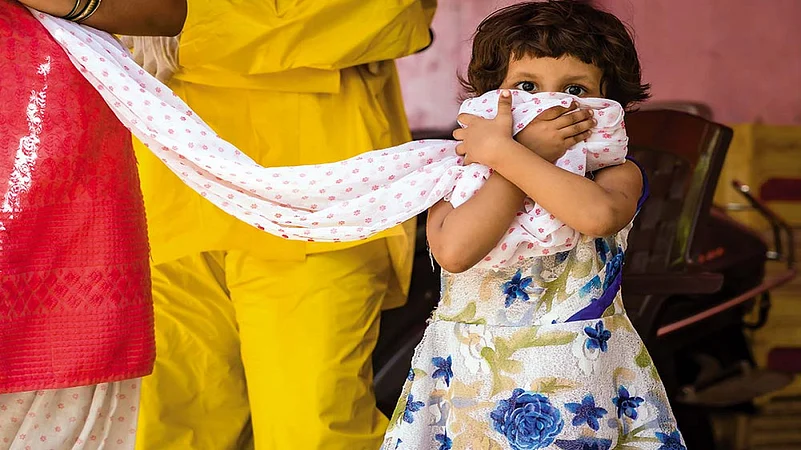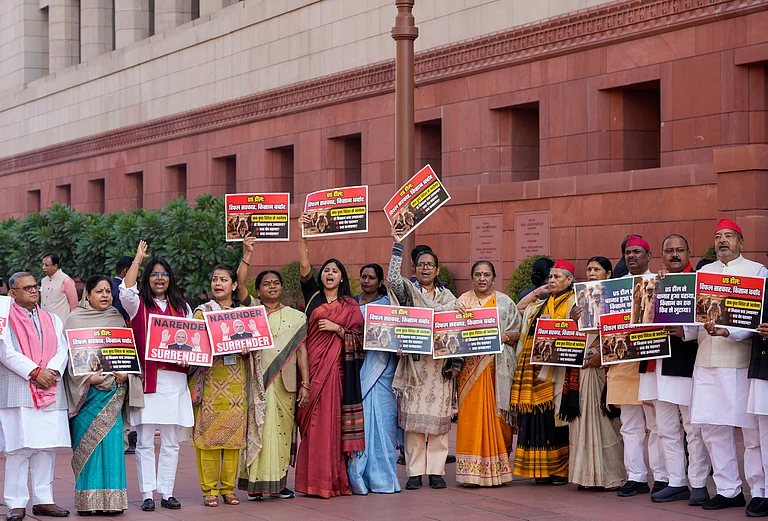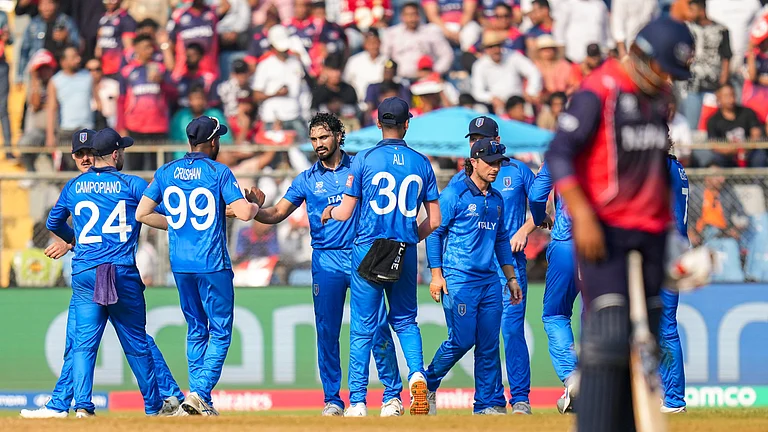When India reported its first case of COVID-19 in early 2020, the whole country geared up to fight this little virus. Even with the enormous challenges India faced, every single citizen contributed significantly to this war. Right from frontline warriors working around the clock to save lives, to teachers adapting to online classes, parents working from home, and children spending all their time indoors, everyone has modified their lifestyles to fit the harsh limits the pandemic imposed.
While India was adjusting to the new normal, it entered the second wave. Here, the story turned—not just in terms of the massive spike in the body count, but internally, in people’s minds. Despite documented public support for pandemic response strategies, India is reporting signs of pandemic fatigue—and naturally, children are not immune to it. Now, pandemic fatigue is a serious issue in various countries. The WHO defines it as a psychological occurrence best explained with the concept of fear and unpredictability. What it leads to, paradoxically, is a kind of demotivation vis-à-vis the compulsion to follow recommended protective behaviours, emerging gradually over time and affected by several emotions, experiences and perceptions. The ‘fear of the unknown’ is normally a motivator for protective behaviour in the human race. But, with a prolonged public health crisis like the pandemic, and the abnormal, invasive and unprecedented demands it places on all of us, especially children, that begins to waver—this is “expected and natural”, according to the WHO. The challenge is that fatigue can remain unnoticed and, as a result, become more difficult to tackle as time goes by.
Children from various countries in Europe and Asia are exhibiting signs of pandemic fatigue. A deeper study on why this occurs at such a young age highlights that, in the absence of an enriching environment at home, they will eventually start feeling bored. This contributes significantly to raising the levels of pandemic fatigue among them. And if not addressed systematically, we might see a horrifying wave of psychological distress among children.
How to Help Your Child Overcome Pandemic Fatigue
The Behavioural and Cultural Insights Unit at WHO has provided guidelines here. Keeping those in mind, here’s a four-point agenda parents can adopt:
- Understand your child. Know your child’s physical and emotional state as of today. It’s very important to understand the needs and thought processes of children. Some signs of worries, stress or fatigue may remain silent. Hence, it’s crucial to remain vigilant and alert as a family.
- Engage children as part of the solution. Parents need to find ways to meaningfully involve children at every level. Having to be indoors for long durations is an unavoidable causative factor, so providing the right kind of resources to keep them engaged is a must. Age-appropriate activities with a focus on the right kind of brain stimulation, those accessible within the boundaries of home, are extremely vital—accompanying them in these also works wonders.
- Parents need to help children strike a balance between online classes and off-screen engagements. Children actively engaged in a wide variety of activities at home are reported to have better perseverance to fight this out. Help them reduce risky behaviours while doing the things that make them happy. Wide-ranging restrictions may not be feasible for everyone in the long run, but an enriching environment at home is the best bet in the meantime.
- Acknowledge and address the hardship children experience, and the profound impact the pandemic has had on their lives. Fighting fear and uncertainty on this scale is not easy for a child’s brain. Children need to be supported unconditionally by the significant adults in their lives.
On various global platforms, the Norwegian concept of ‘Dugnad’ is invoked as a great solution for pandemic fatigue. Dugnad is a cultural tradition where all community members work together towards a common goal, for the greater good of all. Vis-à-vis this pandemic, Dugnad could mean a time where all adults join hands to serve children in the best possible manner. Academicians and schools need to create high-quality home-based resources and, simultaneously, parents must participate while children imbibe those. It’s only together that this war can be won!
Meghna Yadav is head of training and development at KLAY Preschools, she is a certified developmental child psychologist and family counsellor.





















